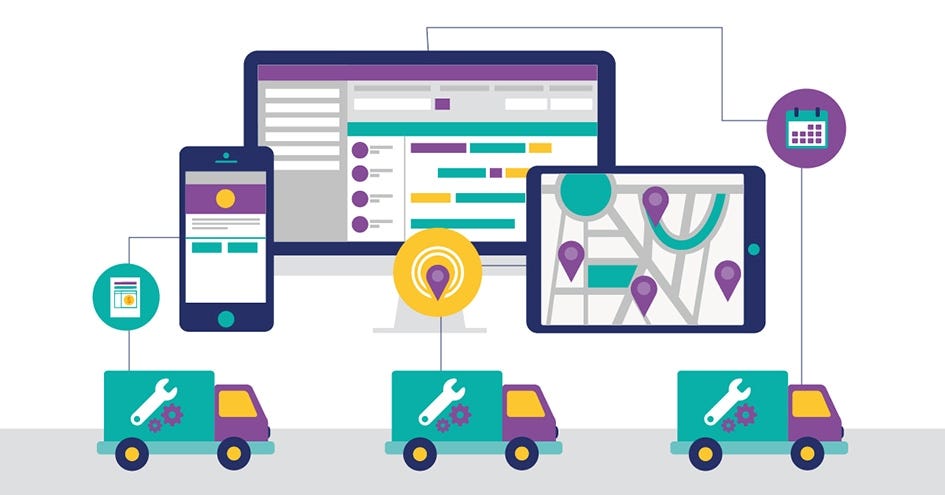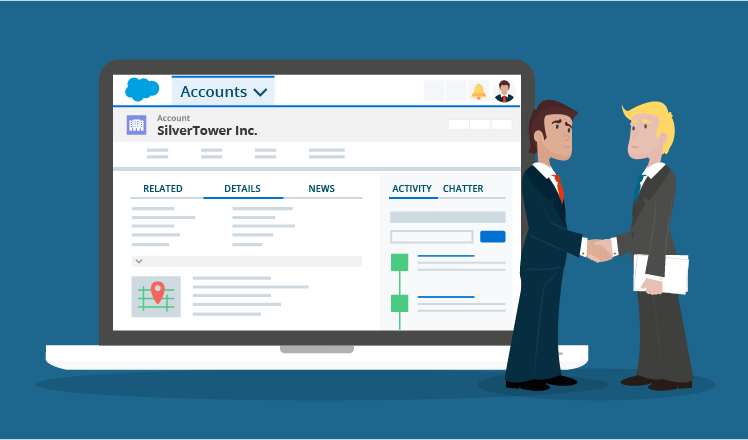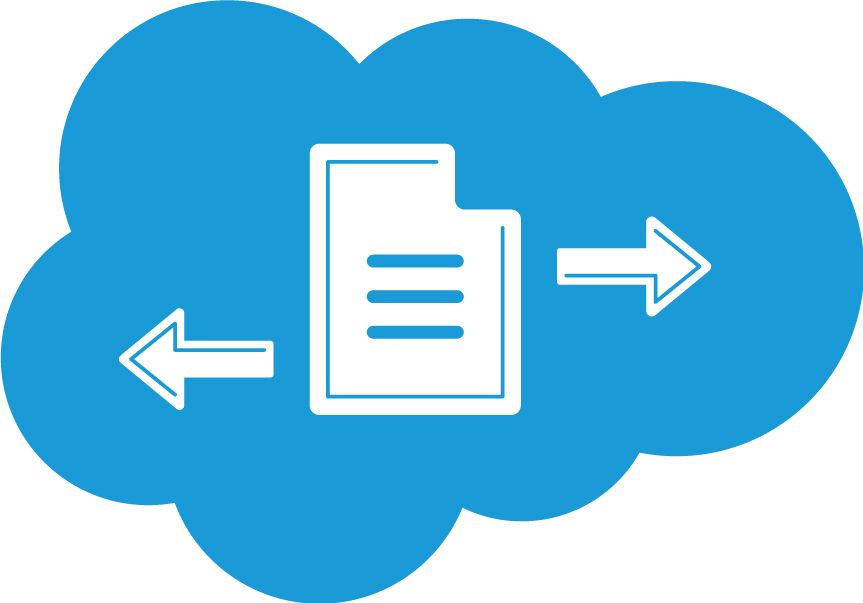Field Service management is key to improving customer loyalty and trust.
75% of decision makers say that field service is driving revenue, and 80% that field service is key to their overall strategy.

Difficulties of Field Service Management

Predictable, consistent, and proficient field administration isn’t simple all of the time. Angles that adversely influence the client experience include:
- Long waiting times;
- Poor customer communication;
- Badly briefed field service agents.
As well as leading to frustrated customers, they can also increase the need for costly return visits and leave your mobile workforce feeling stressed and unsatisfied.
1. Consolidate data with the right field Service Software

- Full context;
- Customer details;
- Comprehensive job information;
- Asset history;
- Warranty data.
2. Capacity of each Field Service Manager with 360 visibility.
A lack of visibility and control can lead to inefficiencies and frustrations for field service managers. They require total permeability of timetables, errands, and resources. Then, at that point, they can keep clients refreshed and guarantee field engineers have the right gear to follow through with a task.
With an integrated service platform that offers managers a 360-degree view of customer data, schedules, and assets, field service managers are empowered to work more effectively. They can ensure resources are assigned appropriately, identify performance issues, and maximize their team’s productivity.
3. Enable real-time transmission for better management of services in the field.
When it comes to scheduling, convenience is key. Customer satisfaction is bound to be affected if a customer arranges to stay at home for a field service visit, only for the engineer to fail to turn up. Most customers will understand a slight delay to the expected time but will be far more patient and understanding if they’re kept in the picture.
With management’s programming designation and workers consent, associations can track field location areas to give clients updates by the second. With client assumptions adjusted, field workers should manage less baffled clients.
4. Increase field service automation to maximize efficiency
Many aspects of field service management are very time-consuming and simple mistakes can cause costly inefficiencies. Organizations can also reduce the burden on teams by enabling customers to choose self-service or remote assistance options if they prefer. For example, with a self-service portal, customers can book phone and video appointments for themselves.
5. Treat field service engineers as brand ambassadors
A Field service employee requires far more than just technical skills, they need to:
- Follow wellbeing norms consistently;
- Be thoughtful to clients’ requirements and protests;
- Maintain the association’s way of life and values.

With a single platform, integrated data, and advanced digital capabilities, organizations will be able to optimize their field service management. Not only empowering their field service managers and employees to optimize efficiency and performance, but also strengthening customer loyalty and trust.
8,922 total views




